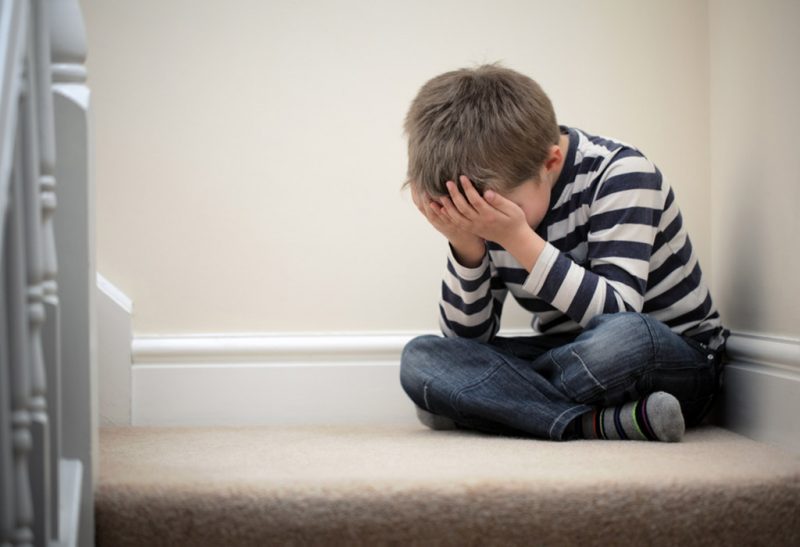
A few years ago I wrote a very bad poetry, really bad poetry. I was young. And I newly learned about writing. And so I was eager and bursting with that juvenile ambition to create something, to write anything and log on to my Facebook page and update my bio to POET, a delusional poet.
JOIN US FOR MORE ON:
or
or Follow us on WhatsApp Channel
Sometimes I go back to this poetry, and whenever I do, I wrinkle my face, shake my head in self mock and wonder how I could use metaphors so badly, how I punctuated a work so poorly, and how I created imageries that were not at all imageries.
But there is something particularly true, a content so clear and straight about this poetry—the message it passed. And today, when I read and think on this message, I understand the reason an online magazine published the poetry on her first edition of an issue the same year I wrote the poetry, regardless of its lousiness.
The issue was ‘Boy Are Not Stone‘ and ACEworld Magazine had summoned writers around Nigeria to fight against the social stigma, against the dehumanization of boys. ‘To be human is to feel and express emotions, but what do we make boys when we compel them to suppress their emotions, to be less human and more inanimate’ was the question the issue raised. And so writers who were angry and compassionate and empathic about the boy child wrote and wrote emotion stricken pieces.
It was a project and cause I was delighted to contribute to; raising a uniformed voice for equal raising and treatment of the girl child and the boy child. ‘Being human equalizes us all, but why then do we equalise upbringing? Teaching one gender language of emotions and teaching the other the language of aggression?’
This dichotomy was what Boy Are Not Stone was out to fix, and it made me love the issue’s entire process; I silently followed up from the publicity to the publication, and I ensured to read every work contained therein. Then I learned about feminism, an idea I found mutually similar to the BoyChild Campaign; more an advanced cause, one seriously dressed up without abash and with sleeves rolled up for real change and real conversations.
It is fact feminism equalizes genders, politically, socially and economically, but isn’t it troubling how achieving that could be unattainable? Too many people identified with feminism do not know about the BoyChild Campaign, and it breeds worry how superficial and lite their ideology of feminism is.
Nobody builds a house on flat land, without foundation. And the foundation of feminism is the BoyChild Campaign. We need both to have the society we desire for, a better society. They are not mutually exclusive; they are two cause headed toward a goal—equalization of genders.
We wouldn’t be mourning and having gender charged conversations about rape and murder of Uwa, if we had taken little time from the large chunk we devoted to teaching the girls how they should cross-close their legs when they sit and how they should wear overflowing dresses to deny the boys sexual appetite, to school the boys that women are as equal and human as they are, that women are not a thing on which they can prove the physicality of their masculinity, that there is something called Respect and there is something also called Consent.
Sadly, respect became a virtue we teach only the girls, as part of their appearing nice and of being LIKED. While a boy could be grossly disrespectful and it is permissible: he is a boy, he could be whatever he wanted to be, and could have whatever he wanted to have, sometimes even without asking.
And so what you say today about consent is something he doesn’t know, a language he doesn’t understand; he is being what he’s taught to be; a never to appear weak superior being endowed with too much freedom and privileges, with choices. And the girl is simply something he could like, want, have, and own. But change never comes late. We can avoid having a repetition of Uwa’s ugly and heart-shrinking fate. And we should begin with the inculcation of EEE (Equal Emotional Education) to the genders. And that is the premise of the BoyChild Campaign, the foundation of feminism.
Read Also:
Originally posted 2020-06-17 20:13:21.
